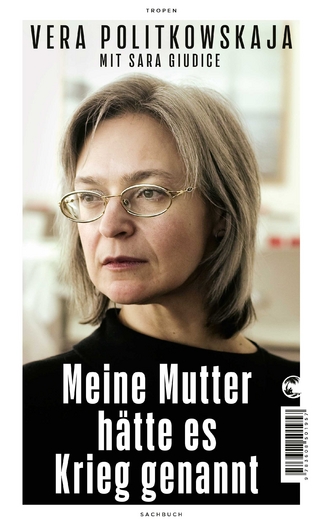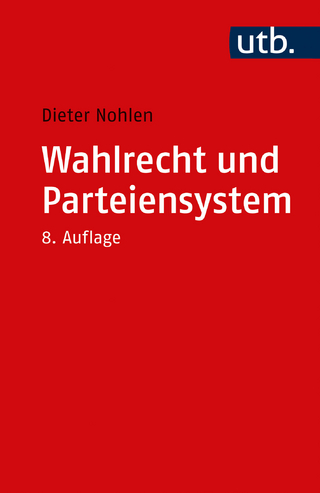
Totalitarianism and the Prospects for World Order
Lexington Books (Verlag)
978-0-7391-0533-7 (ISBN)
Concentration camp survivor, former Marxist-Leninist and Lithuanian patriot, Aleksandras Shtromas devoted his life to understanding totalitarianism and political change. He was a remarkably prescient thinker and is probably best known for his prediction of the fall of the Soviet Union, forecast at a time when the mighty empire seemed almost invincible. This posthumous collection of writings, edited by Robert Faulkner and Daniel J. Mahoney, addresses some of the topics that preoccupied Shtromas throughout his life, including totalitarian regimes, postcommunist transitions, the fates of the Baltic states, and the nature of political revolutions. Readers of Totalitarianism and the Prospects for World Order: Closing the Door on the Twentieth Century will encounter not just a learned and impressive scholar, but also a great man who confronted monstrous evils in his lifetime.
Daniel Mahoney is Associate Professor of Politics at Assumption College, and the author of Aleksandr Solzhenitsyn: The Ascent from Ideology. Robert Faulkner is Professor of Political Science at Boston College, and has written extensively on Political Philosophy and early American history.
Part 1 Editors' Introduction Part 2 Autobiographical Reflections Part 3 Looking Back at the Main Challenges of the Twentieth Century Chapter 4 The Jewish and Gentile Experience of the Holocaust: A Personal Perspective Chapter 5 Making Sense of Stalin Chapter 6 Marxism-Leninism in the USSR Chapter 7 To Fight Communism: Why and How? Chapter 8 The Inevitable Collapse of Socialism Chapter 9 Dissent, Nationalism, and the Soviet Future Chapter 10 On Totalitarianism and the Prospects for Institutionalized Revolution in the USSR and China Chapter 11 Ideology and Conflict: Does Warfare Betwen "Isms" Belong to Past History? Part 12 Post-Communist Transitions Chapter 13 The Transition to a Free market System: The Hillsdale Plan and the Other Plans Chapter 14 What Should Be the Next Stage in the Process of Russian Reform? Chapter 15 To Expand Beyond Enlargement: A Few Thoughts on Preserving NATO's Original Identity without Hindering Its Transformation into a Euro-Atlantic Collective Security System Part 16 The Baltic Pendulum Chapter 17 The Soviet Method of Conquest of the Baltic States: Lessons for the West Chapter 18 The Baltic States as Soviet Republics: Tensions and Contradictions Chapter 19 How Political are the Social Movements in the Baltic Republics? Part 20 Theoretical and Practical Considerations on Revolution and Political Change Chapter 21 How Revolutions Proceed Chapter 22 Political Change and Political Collapse Part 23 Looking Toward the Challenges for the Next Century Chapter 24 The Strategy for Peace in a Changing World Chapter 25 The Future World Order and the Right of Nations to Self-Determination and Sovereignty Chapter 26 What is Peace and How Could It Be Achieved? Chapter 27 Nations, States, and World Peace: Rejoinder Chapter 28 Competing Identities as Shapers of Personal Political Consciousness: The "Collective Self" on the Eve of the Twenty-First Century Chapter 29 Universal Values vs. Local Preferences and Guilt Complexes in Transition to Global Education
| Erscheint lt. Verlag | 24.9.2003 |
|---|---|
| Reihe/Serie | Applications of Political Theory |
| Verlagsort | Lanham, MD |
| Sprache | englisch |
| Maße | 159 x 236 mm |
| Gewicht | 898 g |
| Themenwelt | Sozialwissenschaften ► Politik / Verwaltung ► Politische Systeme |
| Sozialwissenschaften ► Politik / Verwaltung ► Politische Theorie | |
| ISBN-10 | 0-7391-0533-7 / 0739105337 |
| ISBN-13 | 978-0-7391-0533-7 / 9780739105337 |
| Zustand | Neuware |
| Haben Sie eine Frage zum Produkt? |
aus dem Bereich


